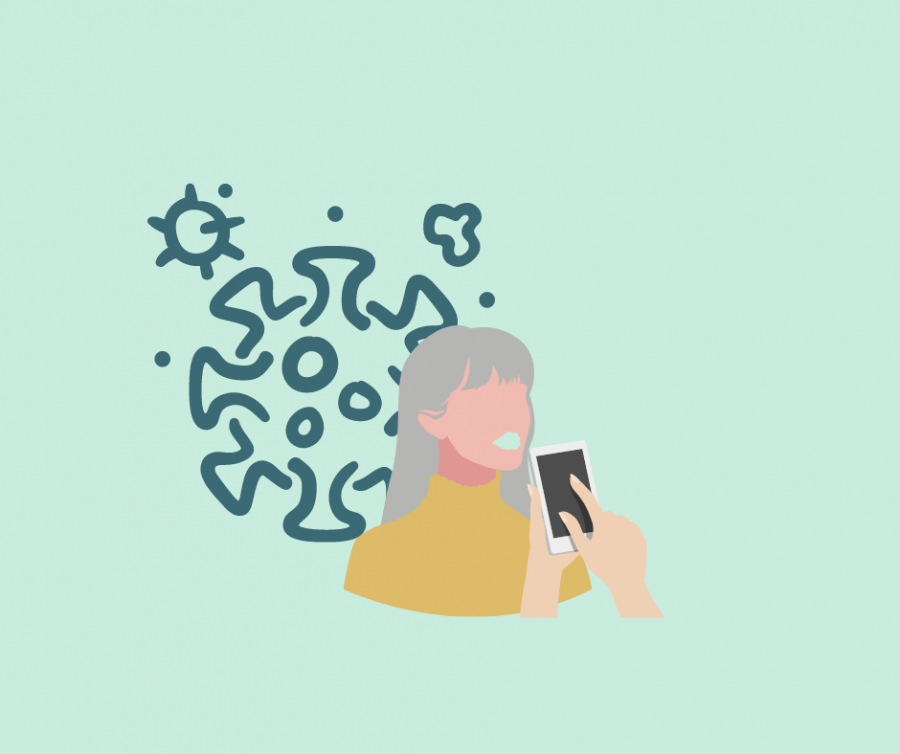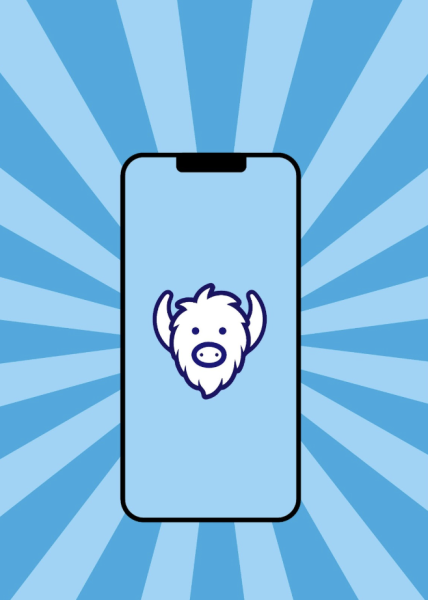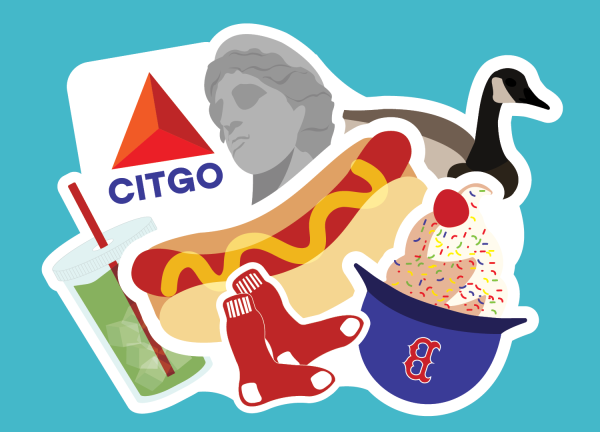The stigma behind testing positive for COVID-19
May 13, 2021
“I definitely do think there is a stigma associated with having COVID-19 and getting COVID-19 and that was something I immediately saw from the start,” said Katie Tims.
Katie is a senior at the University of Maine and one of two roommates whom I share an apartment with in Orono, Maine. A little over a month ago, Katie joined the group of more than 32 million Americans who have contracted COVID-19. After a grueling 14 days of isolation, Katie is finally on the other side of the virus, but the guilt and embarrassment that she felt from her peers while having it, is still very present.
“The stigma associated with COVID-19 almost reminds me of the stigma associated with having an STD, like it is a dirty mistake to have or something to be ashamed of,” she said.
It’s unclear how or where Katie got the coronavirus from, and the mandated once-per-week test which unveiled her positive results in the first place left us with huge timeline questions. After communicating with a contact tracer, Katie immediately began quarantining in her room and notified friends and family of potential exposures. That’s when the sense of judgement started flooding in.
As group-chat topics shifted from casual banter to revealing Katie’s unfortunate news, the tone of conversation transformed into one of finger-pointing and accusation.
“Who did you get it from?”
“Oooh you have Covid?
“Looks like I’m not getting the J&J vaccine.”
Even after isolating for 10 days and testing negatively, friends from across the street wouldn’t step within twenty feet of Katie, fully masked and all.
“Despite the challenges of completely isolating myself and keeping my roommates safe and sane, we had friends that jeered at us for ‘being a house full of COVID.’” Said Katie.
Regardless of having no symptoms and following all CDC recommendations for reducing contagiousness, Katie couldn’t shake the feeling that she had somehow acted in a way that justified her temporary estrangement from society.
“I felt like I had done something wrong […] It was so stressful having to cancel events and I found myself coming up with excuses so I didn’t have to explain my embarrassing situation.”
Suzanne Kathryn, a COVID-19 survivor interviewed by the Medical Xpress, an online medical and health news service, had a similar experience of exclusion from her peers:
“After she and her husband, Paul, got sick, some of their friends stopped communicating. ‘Just—poof!’ she said. ‘They are gone. You don’t hear from them.’ And when she commented about her case on a neighborhood social media site, one person told her to “put on a Hazmat suit and leave the rest of us alone.’
‘It was just like I was radioactive,’ she said.”
Catching the coronavirus is not always synonymous with negligence. Just as bad things happen to good people, safe folks catch dangerous viruses. If you or a loved one happen to catch the virus, think before you speak and make an effort to use neutral language when discussing timelines, infectiousness, and tracing.
Quarantining alone is mentally isolating enough, and communicating with a COVID-positive person in a denunciative way only perpetuates feelings of alienation.








